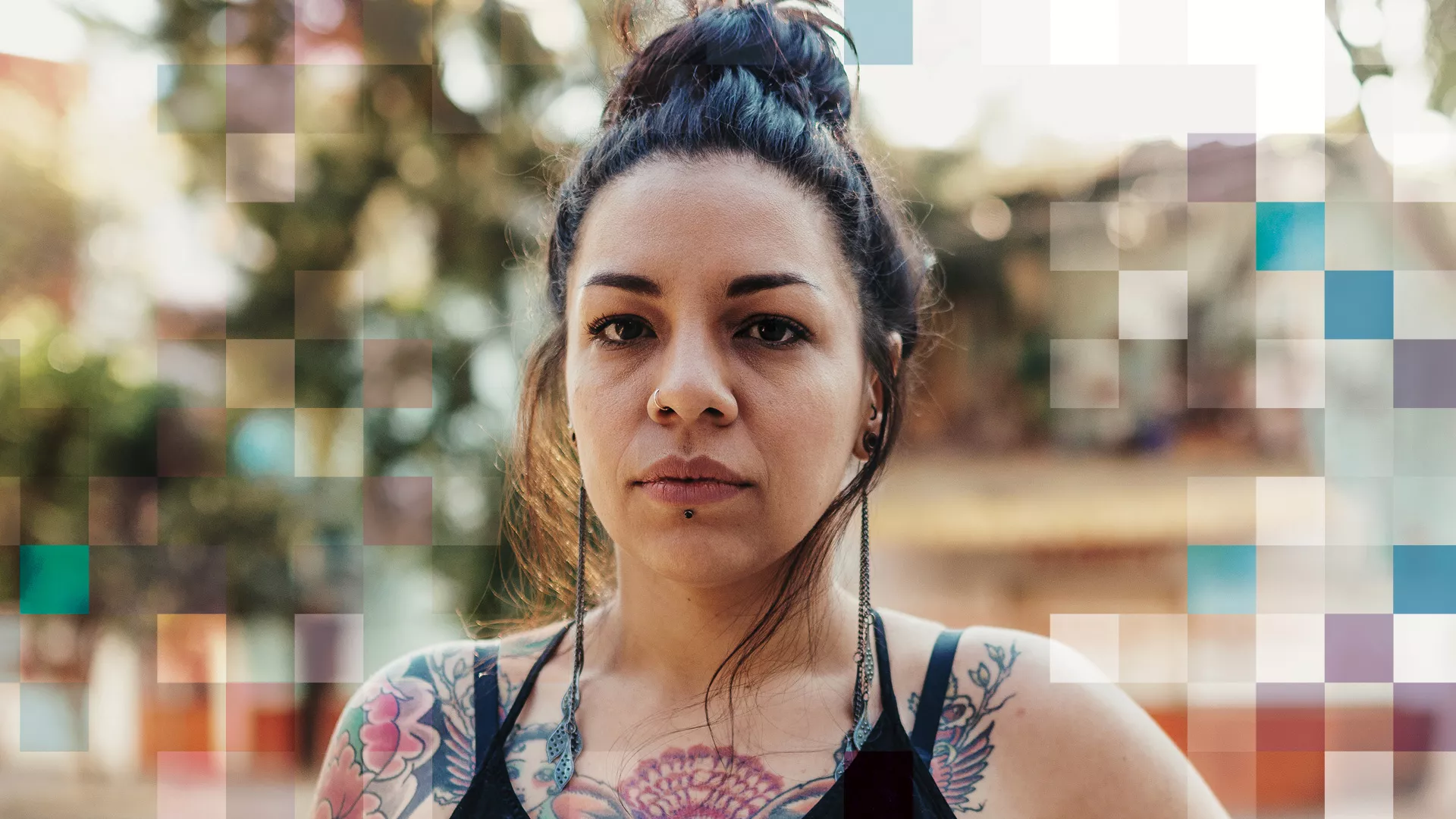Survey shows women’s health remains in crisis.
Conducted annually in partnership with Gallup®, the Hologic Global Women’s Health Index helps fill a critical gap for more timely, comprehensive and actionable data on women’s health worldwide. The third year of the Index is based on interviews with participants from 143 countries and territories, representing 97% of the global population of women and girls aged 15 and older.
The Index explores five critical dimensions of women’s health: Preventive Care, Emotional Health, Opinions of Health and Safety, Basic Needs and Individual Health. Download the Year 3 Global Report, executive summary and raw data at WomensHealthIndex.com.

Preventive Care
Worldwide, most women said they had not been tested for any type of cancer, diabetes, high blood pressure or STDs/STIs in the past 12 months — meaning that billions of women went untested for potentially life-threatening conditions.

Emotional Health
Women were more likely to say they are sad, angry or worried now than three years ago. 4 in 10 women said they had experienced worry and stress during a lot of the previous day; 3 in 10 women experienced sadness and 1 in 4 experienced anger.

Opinions of Health and Safety
Many women — including more than 4 in 10 young women aged 15 to 24 — do not feel safe walking alone at night. And many women are dissatisfied with the availability of quality healthcare where they live.

Basic Needs
At least 3 in 10 women worldwide — nearly 1 billion women — cannot afford the food and shelter that they or their families need. The percentage of women struggling to afford shelter has increased by more than half in the last decade.

Individual Health
Nearly 1 billion women — 1 in 3 worldwide — spent a lot of the previous day in physical pain. And 1 in 4 women have health problems that keep them from doing normal activities.
The world scored just 54 out of 100 in Year 3 of the Index — one point higher than in Year 2, and the same as in Year 1. Country-level scores ranged from a high of 72 in Taiwan, which led the world for the third consecutive year, to a low of 26 in Afghanistan.



